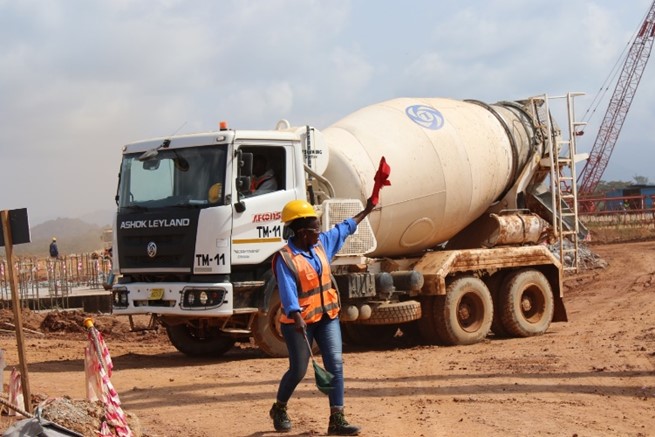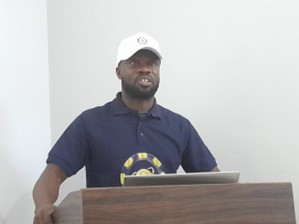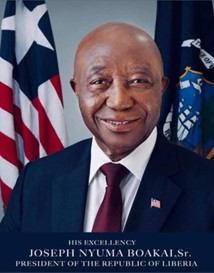The High Representative/Vice-President of the European Union for Foreign Affairs and Security Policy, Josep Borrell Fontelles, in a statement published on February 1, 2022, emphasized that the ArcelorMittal amended Agreement will benefit Liberia and its citizens. Fontelles made the statement on behalf of the European Commission in response to a question on ArcelorMittal amended MDA posed to the EU inquiry portal.
Fontelles statement comes weeks after the United States Ambassador accredited to Liberia, Michael McCarthy, asserted that his government was encouraged by the signing of the US$800 million deal. These positive comments from two of Liberia’s most important development partners send a powerful signal to those running the intense misinformation campaign to deceive the people of Liberia to reject the agreement, thus losing the immense opportunities it brings.
The EU memo sharply contradicts and refutes several misleading articles circulating on social media sourced from a dark webpage called “Empower Liberia”. Most prominent among the misleading articles is the one captioned, “The European Union Is Highly Concerned About ArcelorMittal’s MDA”.
Even though the content of the article is entirely vague, it insinuated that the EU was concerned over controversies of the AML agreement. Empower Liberia is being widely noted for creating high-level falsehood around ArcelorMittal MDA since the agreement was signed in September last year. The website, which only popped up immediately after the signing of the MDA by President Weah, is believed to be hosted either in Russia or Ukraine. Many Liberians and partners have been concerned about the motive behind the desperate attempts of this site to twist the facts around ArcelorMittal MDA. In fact, to date, those behind the management of the site are all ghosts and unknown, leaving many questions of national security concerns.
With the EU’s recent positive statement on the AML deal, the motive of the Empower Liberia’s campaign has once again hit a hard rock. A few weeks ago, the clarification of the Minister of State for Presidential Affairs, Nathaniel McGill, on several media platforms about the multi-user provision in the ArcelorMittal Agreement refuted unfounded claims that the amended agreement intends to grant ArcelorMittal sole monopoly over the Yekepa-to-Buchanan rail and the iron ore port in Buchanan, even though this monopolistic claim does not exist in the Agreement.
“For a respected EU official and the US Ambassador to have come out with these favorable statements, it means that the MDA has been thoroughly reviewed and found to be potentially contributive to the long-term future of Liberia’s economic development. The European Union has been at the center of Liberia’s post-conflict economic development drive, being the first partner to give direct budgetary support to Liberia. From 2008 to 2013, Liberia had already received approximately US$278 million in direct budgetary support to rehabilitate basic infrastructure/social services and improve governance. Meanwhile, the US has been Liberia’s all time largest development partner. The US and EU’s strong partnership and investment in Liberia have given them a notable place in Liberia’s future.
In the last few weeks, many reputable civil society organizations, fearing what Liberia could lose should the amended Agreement face permanent barrier at the Legislature, stormed the Capitol on separate occasions, to draw the urgent attention of the National Legislature for their swift approval of the deal.
The ArcelorMittal Agreement, when passed, would make major and strategic interventions in the Liberian economy. About 3,000 new jobs would be created, over US$75 million annual revenue would be derived and communities where the company operates would experience a US$0.5 million increase in their County Development Fund. Multiple other areas of the Liberian economy are set to positively be affected by the MDA.
Clearly, these critical interventions to the Agreement may have motivated the positive reactions of Liberia’s two biggest partners—the European Union and the United States.







